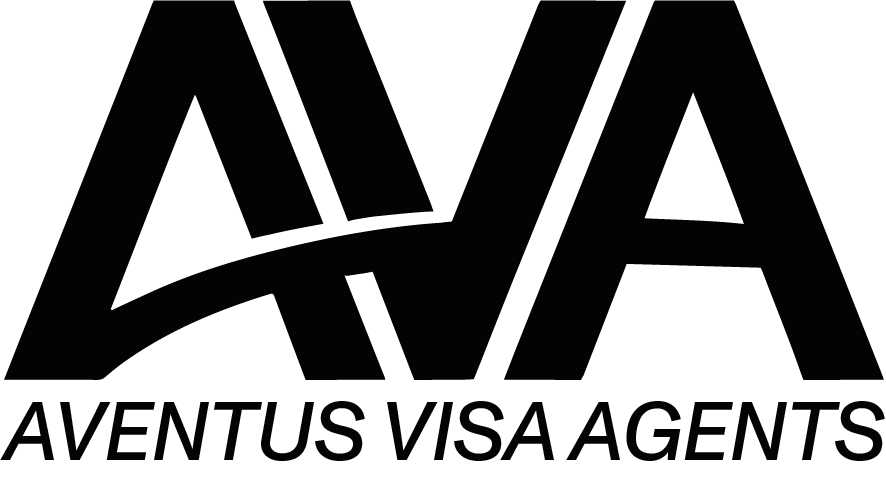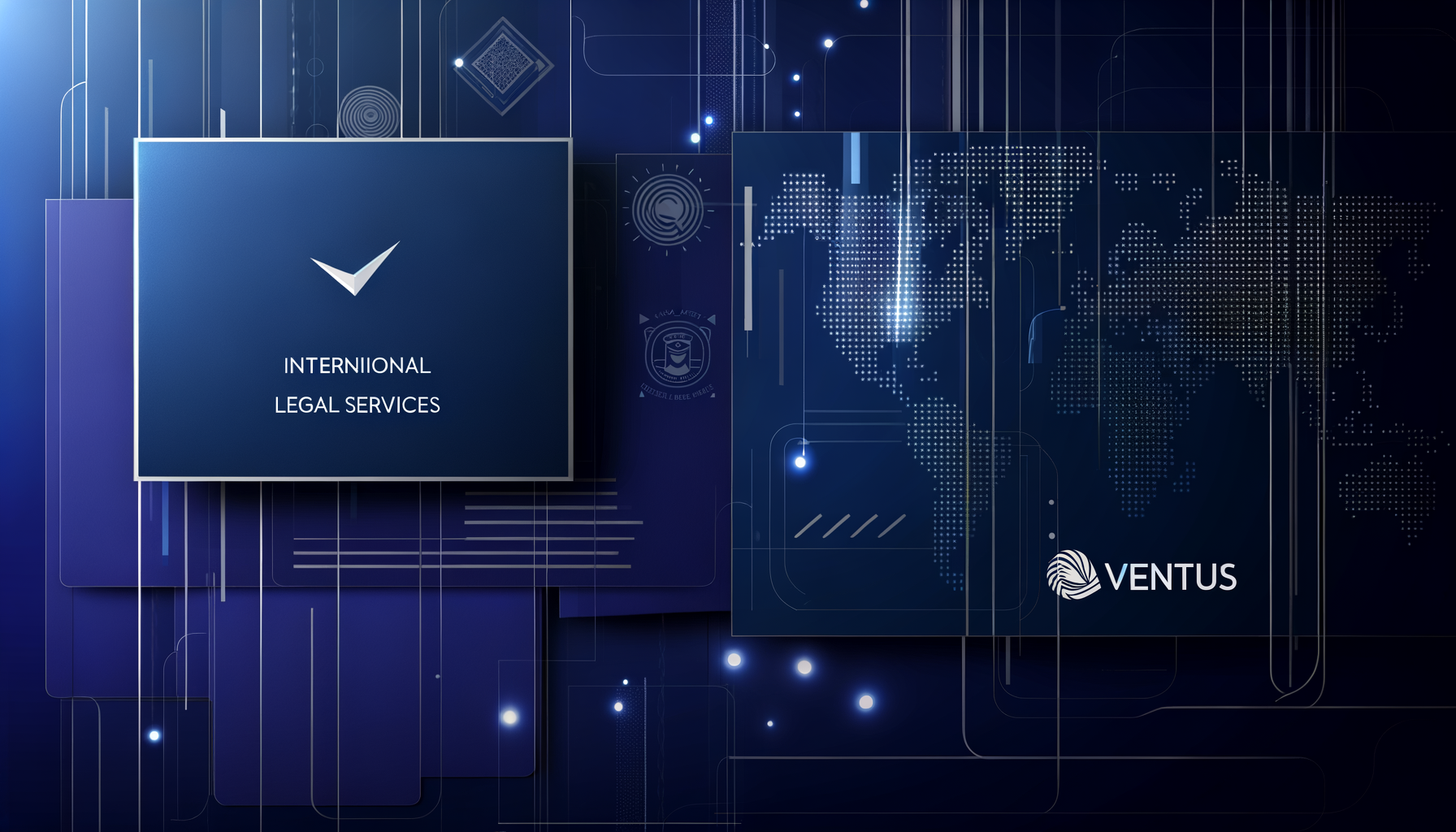Mastering Visa Agent Compliance: Your Complete Guide to 2025 Regulatory Requirements
Visa agent compliance in 2025 requires navigating an increasingly complex regulatory framework that demands sophisticated understanding of USCIS requirements, enhanced documentation standards, and ongoing compliance monitoring. Professional petitioner service providers must maintain comprehensive systems that address every aspect of agent-based petition regulations while ensuring seamless client service delivery.
The 2025 Regulatory Landscape
USCIS has implemented significant changes to agent-based petition requirements throughout 2025, creating a more demanding compliance environment that requires professional expertise and systematic approaches.
Core Regulatory Framework
The foundation of visa agent compliance rests on several key regulatory provisions:
8 CFR 214.2(o)(2)(iv)(E): Establishes requirements for agents filing on behalf of multiple employers or when the beneficiary will work in multiple locations.
8 CFR 214.2(p)(2)(iv)(E): Parallel requirements for P visa categories, with specific provisions for agent petitioners.
Form I-129 Instructions: Updated guidance reflecting current USCIS interpretation of agent petitioner responsibilities and evidence requirements.
Enhanced Compliance Standards
The 2025 regulatory environment emphasizes several critical compliance areas:
Demonstrable Control: Agents must provide clear evidence of actual control over beneficiary activities, not merely administrative coordination.
Financial Responsibility: Enhanced requirements for demonstrating financial capability to support the petition throughout the authorized period.
Documentation Integrity: Stricter standards for contract authenticity, itinerary accuracy, and supporting evidence verification.
Ongoing Monitoring: Requirements for continued compliance oversight throughout the petition period.
Critical Compliance Components
Agent Petitioner Qualification
Not every entity can serve as an effective agent petitioner under current regulations. Qualification requires:
Established Business Operations: Legitimate business entity with demonstrable operations in the relevant industry or service sector.
Financial Capacity: Sufficient financial resources to meet petition obligations and potential liabilities.
Compliance Infrastructure: Systems and processes capable of managing ongoing regulatory requirements.
Industry Expertise: Knowledge of the specific industry or activity covered by the petition.
Control and Coordination Requirements
The most complex aspect of agent compliance involves demonstrating actual control over beneficiary activities:
Project Management: Detailed documentation of how the agent coordinates and manages the beneficiary's work activities.
Contractual Relationships: Comprehensive agreements that clearly establish the agent's role and responsibilities.
Financial Management: Evidence of the agent's role in compensation and expense management.
Quality Oversight: Systems for monitoring and ensuring compliance with petition terms.
Documentation Standards
Current compliance requires sophisticated documentation strategies:
Contract Specificity: Agreements must detail specific activities, locations, timeframes, and compensation arrangements.
Itinerary Precision: Detailed schedules with confirmed venues, dates, and activities that can be verified by USCIS.
Evidence Authentication: Supporting documentation must meet enhanced verification standards.
Compliance Records: Ongoing documentation of adherence to petition terms and regulatory requirements.
Industry-Specific Compliance Challenges
Entertainment and Athletics
The entertainment and athletics industries present unique compliance challenges:
Variable Schedules: Competition and performance schedules frequently change, requiring flexible compliance strategies.
Multiple Venues: Activities often occur across different states and venues, complicating coordination requirements.
Promotional Relationships: Complex relationships between athletes, promoters, and venues require careful documentation.
International Competition: Cross-border activities add additional compliance layers.
Technology and Business
Technology sector compliance involves different challenges:
Project-Based Work: Technology professionals often work on specific projects with defined timelines and deliverables.
Client Relationships: Multiple client relationships require careful contract structuring and documentation.
Skill Specialization: Highly specialized skills require detailed explanation and verification.
Remote Work Considerations: Distributed work arrangements create unique compliance requirements.
Risk Management and Mitigation
Common Compliance Failures
Understanding typical compliance failures helps prevent costly mistakes:
Inadequate Control Documentation: Failing to demonstrate sufficient control over beneficiary activities.
Incomplete Financial Records: Insufficient evidence of financial capacity and responsibility.
Contract Deficiencies: Vague or incomplete contractual agreements that don't satisfy USCIS requirements.
Monitoring Gaps: Lack of ongoing compliance oversight throughout the petition period.
Proactive Risk Mitigation
Effective compliance requires proactive risk management:
Regular Compliance Audits: Systematic review of all compliance elements to identify potential issues.
Documentation Updates: Ongoing maintenance of current and accurate documentation.
Regulatory Monitoring: Staying current with USCIS policy changes and interpretation updates.
Professional Development: Continued education and training on compliance requirements.
Aventus Compliance Framework
Aventus Visa Agents has developed a comprehensive compliance framework that addresses all aspects of current regulatory requirements:
Systematic Compliance Approach
Initial Assessment: Thorough evaluation of client needs and compliance requirements.
Documentation Development: Creation of comprehensive documentation packages meeting current standards.
Ongoing Monitoring: Continuous compliance oversight throughout the petition period.
Regulatory Updates: Proactive adaptation to changing regulatory requirements.
Technology Integration
Our compliance framework incorporates advanced technology solutions:
Document Management Systems: Secure, organized storage and retrieval of all compliance documentation.
Monitoring Dashboards: Real-time tracking of compliance status and requirements.
Automated Alerts: Proactive notification of upcoming deadlines and requirements.
Reporting Tools: Comprehensive reporting capabilities for compliance verification.
Best Practices for Agent Compliance
Documentation Excellence
Maintaining superior documentation standards requires:
Comprehensive Record Keeping: Detailed records of all activities, communications, and transactions.
Version Control: Systematic management of document versions and updates.
Access Controls: Secure access management for sensitive compliance information.
Backup Systems: Redundant storage systems ensuring documentation preservation.
Relationship Management
Effective compliance involves managing complex relationships:
Client Communication: Clear, ongoing communication about compliance requirements and responsibilities.
Vendor Coordination: Effective management of relationships with venues, contractors, and service providers.
Regulatory Interaction: Professional interaction with USCIS and other regulatory bodies.
Legal Coordination: Appropriate coordination with legal counsel when necessary.
Future Compliance Trends
Regulatory Evolution
The compliance landscape continues evolving:
Enhanced Verification: Increasing use of technology for document and information verification.
Real-Time Monitoring: Growing expectations for real-time compliance monitoring and reporting.
Industry Specialization: More specific requirements for different industries and activity types.
International Coordination: Enhanced coordination with international regulatory bodies.
Technology Integration
Technology will play an increasingly important role in compliance:
Automated Compliance: Systems that automatically monitor and report compliance status.
Blockchain Documentation: Secure, immutable documentation systems for compliance records.
AI-Powered Analysis: Artificial intelligence tools for compliance risk assessment and management.
Digital Verification: Enhanced digital systems for document and identity verification.
Choosing a Compliance Partner
Selecting the right petitioner service provider is critical for compliance success:
Essential Capabilities
Regulatory Expertise: Deep understanding of current and evolving compliance requirements.
Industry Knowledge: Specific expertise in relevant industries and activity types.
Technology Infrastructure: Advanced systems for compliance management and monitoring.
Professional Team: Experienced professionals with proven compliance track records.
Service Integration
Effective compliance requires integrated service delivery:
Comprehensive Coverage: Services covering all aspects of the compliance lifecycle.
Scalable Solutions: Ability to handle varying volumes and complexity levels.
Responsive Support: Quick response to compliance questions and issues.
Proactive Management: Anticipation of compliance needs and proactive solution development.
Your Compliance Success Strategy
Navigating 2025 visa agent compliance requirements requires professional expertise, sophisticated systems, and ongoing commitment to regulatory excellence. The complexity of current requirements makes professional petitioner services essential for success.
Aventus Visa Agents provides the comprehensive compliance framework necessary for navigating today's regulatory environment. Our systematic approach addresses every aspect of agent compliance while providing the flexibility and responsiveness needed for diverse client needs.
Ready to ensure your visa agent compliance meets 2025 standards? Contact Aventus to discuss how our comprehensive petitioner services can provide the compliance infrastructure necessary for your success.
Learn more about our compliance framework or schedule a consultation to discuss your specific compliance requirements and develop a customized solution.

